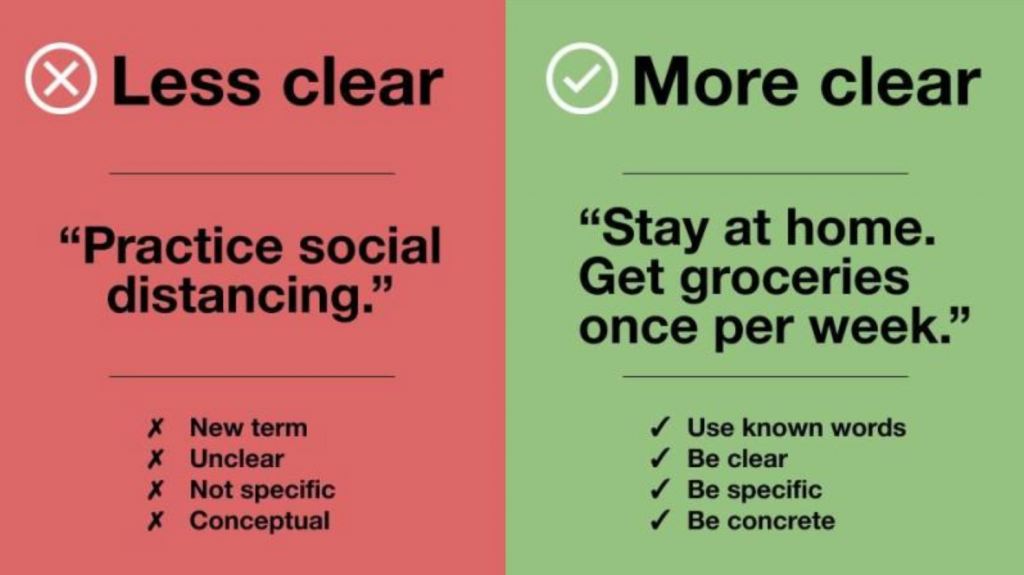In the recent days we have seen impassioned pleas from scientists, medical professionals and politicians to ‘practise social distancing’, ‘avoid non-essential travel’ and ‘self-isolate’.
And yet, although numbers of people outside, travelling and at work have dropped dramatically in the UK, it still seemed to be insufficient. Pictures of Brits out and about in parks and the countryside at the weekend sparked varying degrees of concern, outrage and indeed unconcern.
So why the slow change in behaviour? I’ll be honest here and say I was in a park on Saturday afternoon. We went as a family, met no one else and went there and back on our bikes. We thought that going outside for some fresh air and exercise was ok. But we didn’t think about heading to the seaside for fish and chips, while many clearly did.
It’s worth pointing out that those phrases I mention above are all relatively new and unknown. I saw an interesting LinkedIn post yesterday pointing this out. Before this month, who would have been able to define ‘social distancing’ or ‘self-isolation’? More importantly, who can define them now? Not many, it seems.
Now the government has issued new, much stricter guidance. One might think that is clear enough, and yet there is still discussion. Is Sports Direct selling ‘essential items’? What kind of work is ‘absolutely necessary’? What sports are still allowed? Does one stay far apart enough in golf that this particular sport is permitted? (For clarity, it appears golf is off the menu…)
These are immensely difficult circumstances but nonetheless, clarity is the key. Looking at the image you can see below (from the LinkedIn post** I mentioned), it suggests saying “Stay home. Get groceries once a week.” That is much clearer than simply saying ‘practise social distancing’ – it uses words that people know already and are very concrete. In completely uncharted waters, using language that people can relate to and being as specific as possible are critical elements in bringing people along to where you need them.
I’m not the right person to comment on the science. Or the politics for that matter. But the language we use to communicate in these strange times as well as ordinary times, is absolutely critical.
If you need to communicate at the moment, whether it’s with your staff, customers, or even family and friends, I recommend the classic approach: read, re-read and re-read again. And then ask someone else to read. Get them to look at what you’ve written and tell you honestly if they understand what it means, and also if you have avoided ‘tone deaf’ syndrome.
Language is an immensely powerful tool. Let’s use it well.
Credit to hybrid_ux_research for the image



